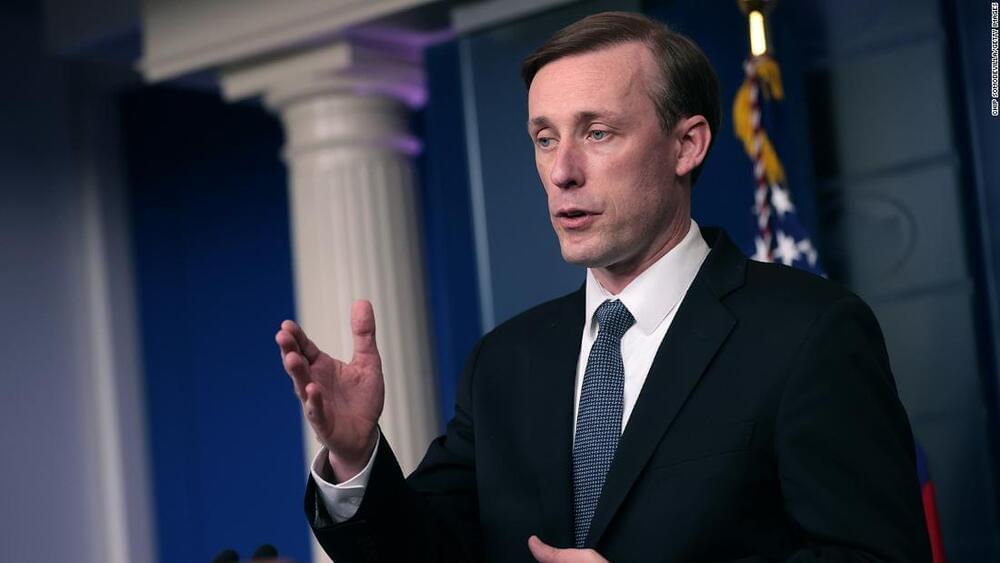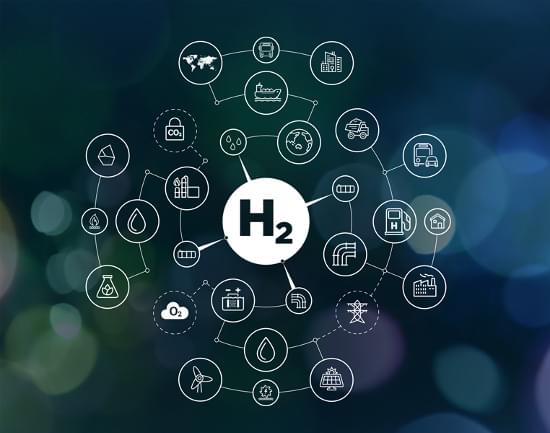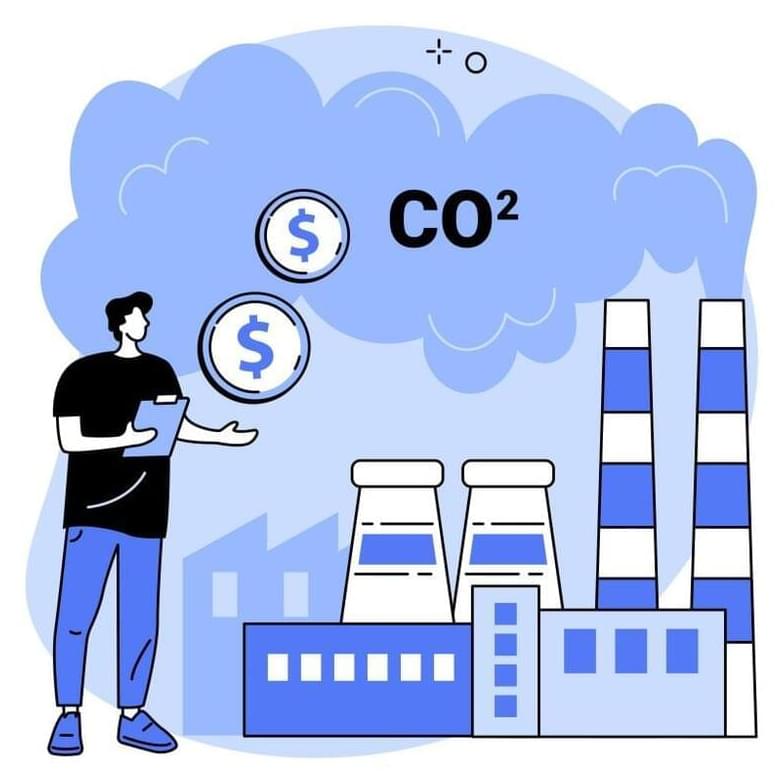SpaceX drone ship Just Read The Instructions (JRTI) has departed Port Canaveral in anticipation of the company’s sixth consecutive Starlink launch.
Known as Starlink 4–12, the mission will be SpaceX’s sixth uninterrupted Starlink launch – just shy of the company’s record of seven Starlink launches between commercial payloads. Though SpaceX would probably prefer to avoid month-long streaks without commercial launches, the company’s ability to use its own launch capabilities to deploy its Starlink constellation means that it can maintain valuable economies of scale while simultaneously launching satellites that generate some revenue.
With approximately 200,000 active subscribers, Starlink should already be generating around ~$250 million in annual revenue – perhaps enough to pay for anywhere from five to ten Starlink launches. Viewed another way, $250M would also pay the average annual salaries of more than 2,300 employees. Even if it doesn’t come close to the $1–2 billion SpaceX is likely spending annually on Starlink development, deployment, and operations, it’s still better than the alternative that all other launch providers are left with: nothing.










